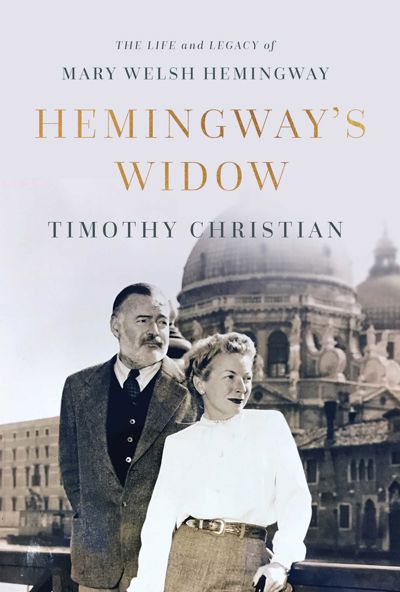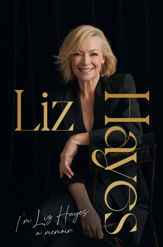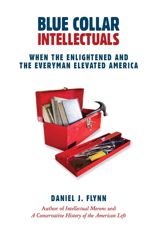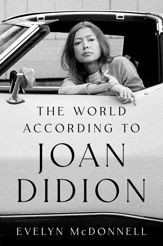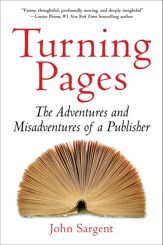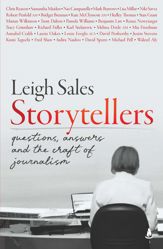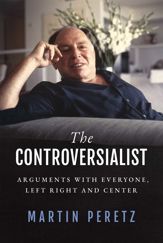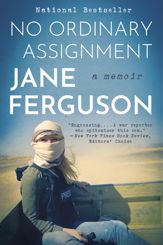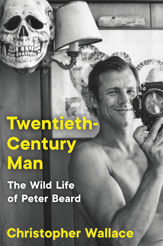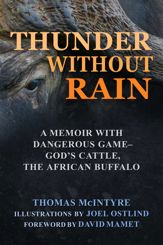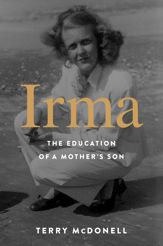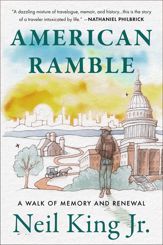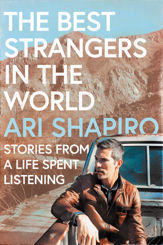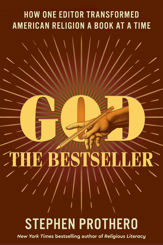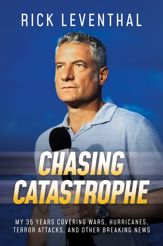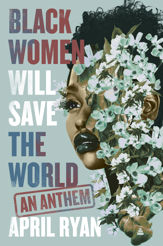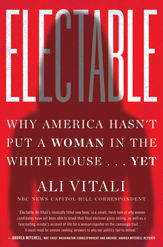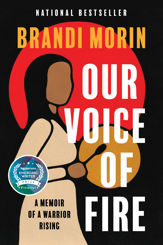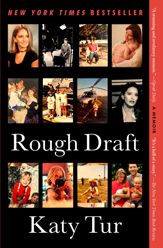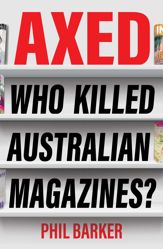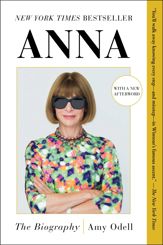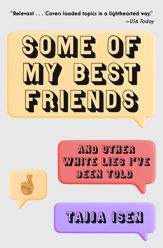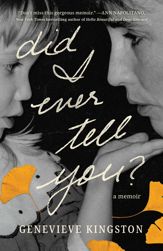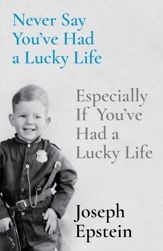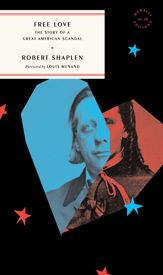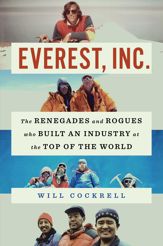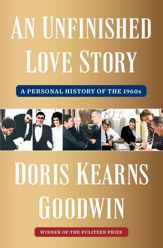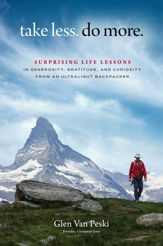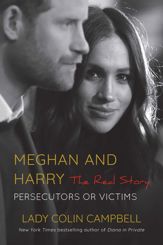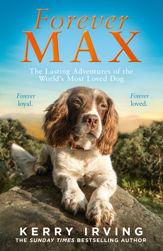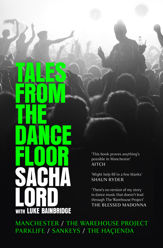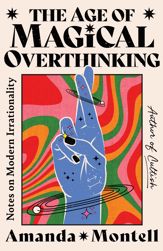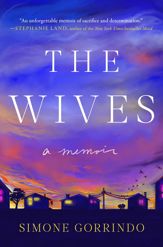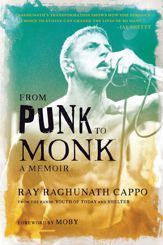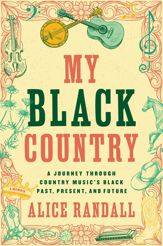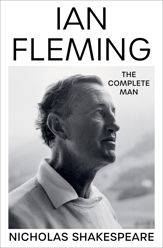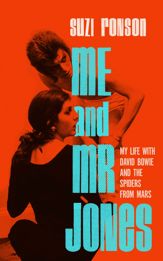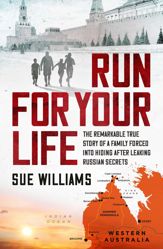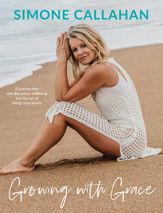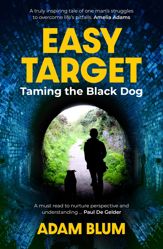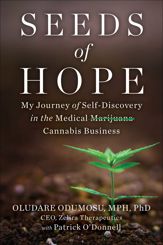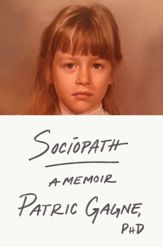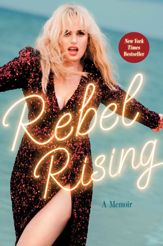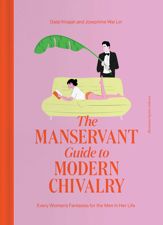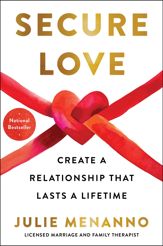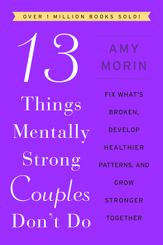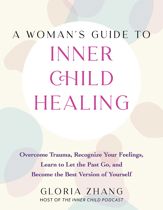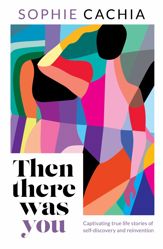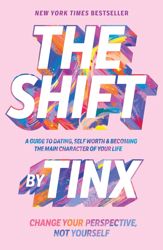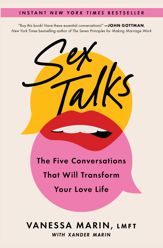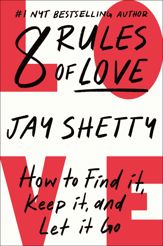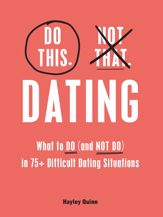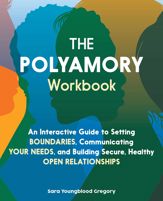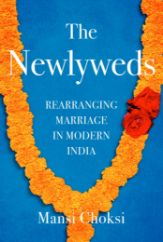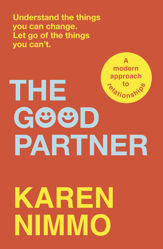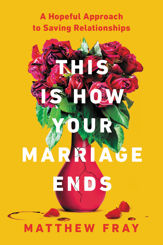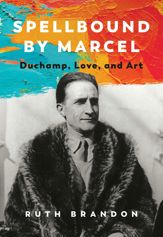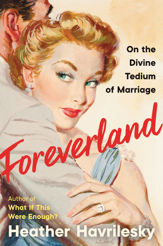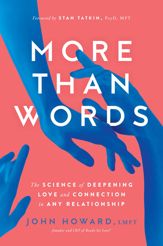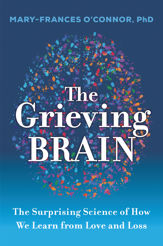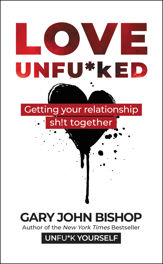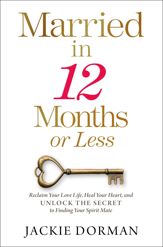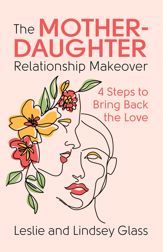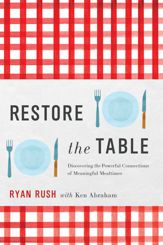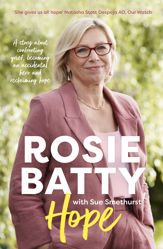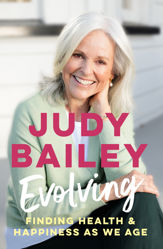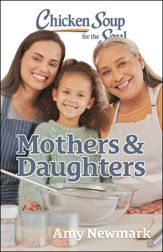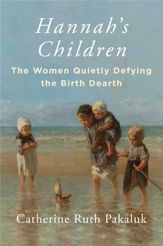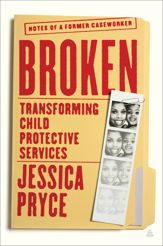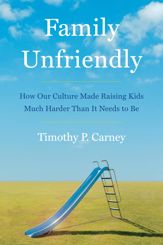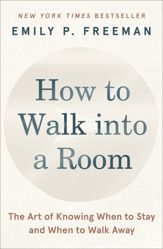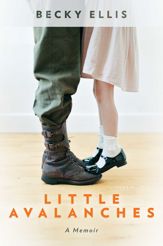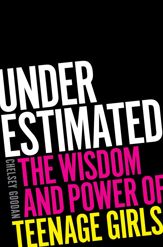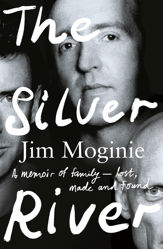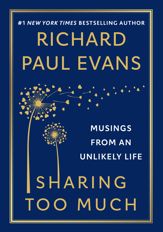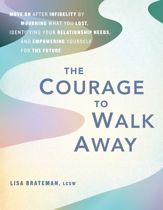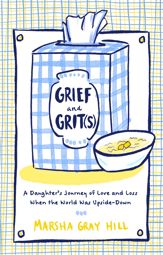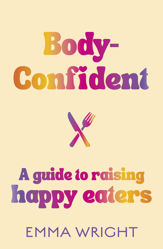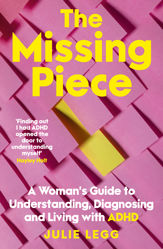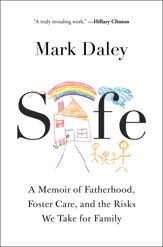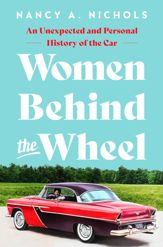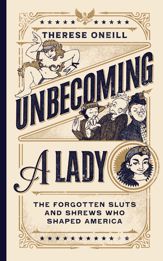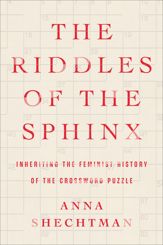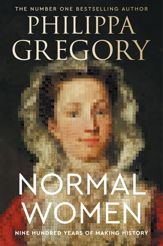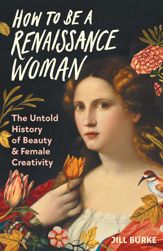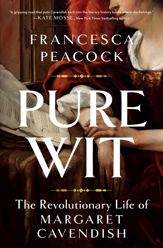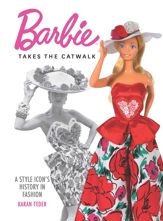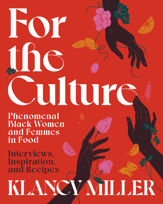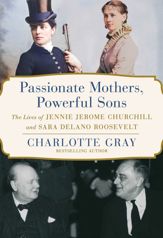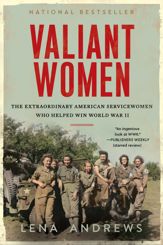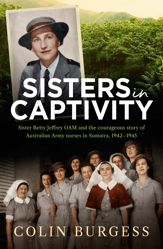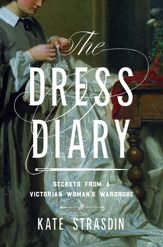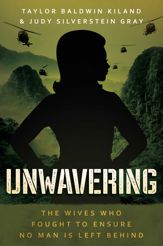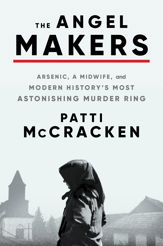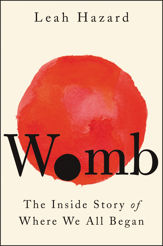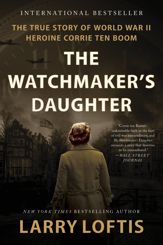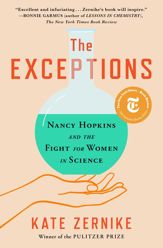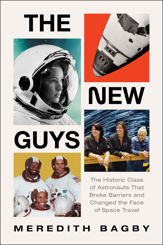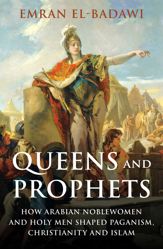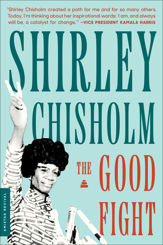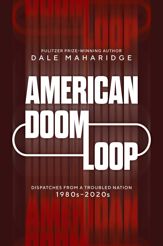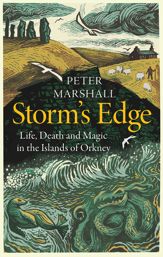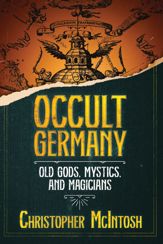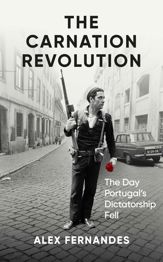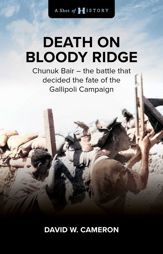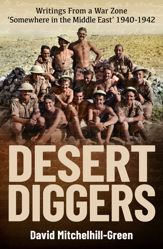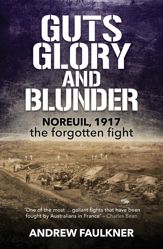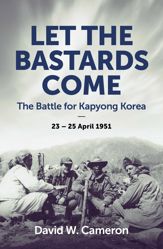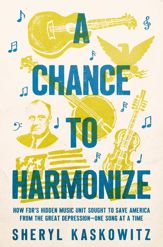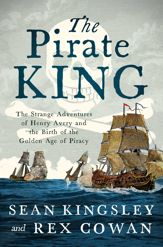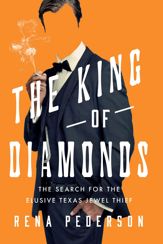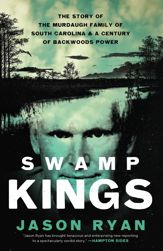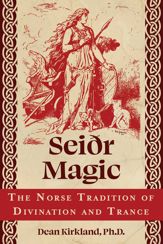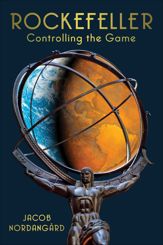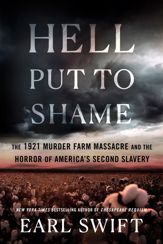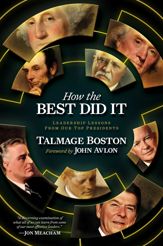"More than any other biographer or historian so far, Christian shows what a marvel Mary Welsh was to Hemingway in wartime London. Petite and perky, a shrewd assessor of male vanity and pretensions, this down-to-earth Midwesterner obtained plum assignments from newspapers and magazines and sized up the military men who befriended and courted her.”
Description
A stunning portrait of the complicated woman who becomes Ernest Hemingway's fourth wife, tracing her adventures before she meets Ernest, exploring the tumultuous years of their marriage, and evoking her merry widowhood as she shapes Hemingway's literary legacy.
Mary Welsh, a celebrated wartime journalist during the London Blitz and the liberation of Paris, meets Ernest Hemingway in May 1944. He becomes so infatuated with Mary that he asks her to marry him the third time they meet—although they are married to other people. Eventually, she succumbs to Ernest's campaign, and in the last days of the war joined him at his estate in Cuba.
Through Mary's eyes, we see Ernest Hemingway in a fresh light. Their turbulent marriage survives his cruelty and abuse, perhaps because of their sexual compatibility and her essential contribution to his writing. She reads and types his work each day—and makes plot suggestions. She becomes crucial to his work and he depends upon her critical reading of his work to know if he has it right.
We watch the Hemingways as they travel to the ski country of the Dolomites, commute to Harry's Bar in Venice; attend bullfights in Pamplona and Madrid; go on safari in Kenya in the thick of the Mau Mau Rebellion; and fish the blue waters of the gulf stream off Cuba in Ernest's beloved boat Pilar. We see Ernest fall in love with a teenaged Italian countess and wonder at Mary's tolerance of the affair.
We witness Ernest's sad decline and Mary's efforts to avoid the stigma of suicide by claiming his death was an accident. In the years following Ernest's death, Mary devotes herself to his literary legacy, negotiating with Castro to reclaim Ernest's manuscripts from Cuba, publishing one-third of his work posthumously. She supervises Carlos Baker's biography of Ernest, sues A. E. Hotchner to try and prevent him from telling the story of Ernest's mental decline, and spends years writing her memoir in her penthouse overlooking the New York skyline.
Her story is one of an opinionated woman who smokes Camels, drinks gin, swears like a man, sings like Edith Piaf, loves passionately, and experiments with gender fluidity in her extraordinary life with Ernest. This true story reads like a novel—and the reader will be hard pressed not to fall for Mary.
Reviews
Advance praise for Hemingway’s Widow:
“Illuminating. I cannot imagine any biographer navigating these waters better than Timothy Christian has done in these pages. And I hope every student of Hemingway will pay close attention and adjust accordingly their views of Carlos Baker's biography of Hemingway. Again, I say this book is a stunning achievement. It is the custom to say that this volume belongs on the bookshelf of every scholar and student and fan of Hemingway. And it does. This includes Hemingway aficionados, who will appreciate Timothy Christian's superb skills in biography. This is the Hemingway book we've all been waiting for so long.”
"Timothy Christian has spent years researching Mary's life across continents and every archive, including troves of information that no one else has tapped. To this task, he brought a sympathetic attachment to the woman behind the Hemingway myth. He has turned up truly fresh and significant information about Mary herself and her life before Ernest, about the courtship and sexual predilections of the couple, and about Ernest's suicide. While to some extent this story will compromise the myth of the great macho man that was important to Hemingway—a myth that Mary helped craft and maintain—it will ultimately provide a fuller understanding of an American icon and the lives he touched. Refreshingly, Christian does not view Mary as a victim, despite Ernest's callous and violent treatment of the talented journalist who spent her prime years with the aging and difficult master. Christian gives us Mary, a tiny and fearless dynamo, a woman of skill and heart, calculation and vulnerability, who knew exactly what she was getting into when she married Ernest—and played her hands as best as she could, even as her choices narrowed.”
